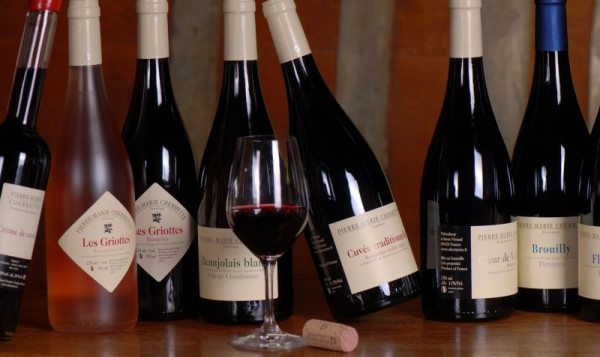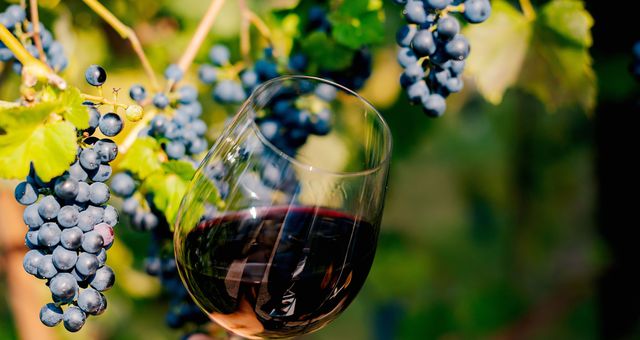French wine is more than just a drink. It embodies a living heritage, a social and cultural tradition deeply rooted in French history. From family meals to Michelin-starred dining, it symbolizes elegance, conviviality and refinement.
Wine, a pillar of French identity
Since the Middle AgesFrench wine has been associated with the land, the work of winegrowers and the richness of the terroir. Over the centuries, it has accompanied changes in gastronomy, society and the economy. It shapes landscapes, customs and even vocabulary. Each wine-growing region tells a different story, reinforcing our attachment to the land.
An art of living celebrated daily
Serving a glass of wine at the table is a common gesture, but one charged with meaning. It marks a moment of sharing. Whether it's a family meal or an aperitif with friends, French wine creates a bond. It accompanies gastronomy, enhances dishes and reflects French elegance. Wine becomes a natural extension of the French art of living.
Wine for special occasions

Weddings, national celebrations or official dinners: wine takes pride of place. It embodies prestige and tradition. Large bottles are opened for memorable moments. This symbolic dimension shows the extent to which wine culture is establishing itself as a universal language in France, understood and respected at all levels of society.
Intergenerational transmission
French wine is passed on like knowledge. Parents introduce their children to aromas, grape varieties and appellations. This informal education shapes palates and strengthens the bond between generations. Wine education, without excess, is an integral part of our cultural heritage. It fosters a form of national pride.
A strong presence in literature and cinema
Many French writers celebrate wine. Colette, Baudelaire and Zola speak of it with emotion and sensory detail. Wine is also very present in the cinema. It becomes a setting, a plot or a character in its own right. Films such as Ce qui nous lie or Saint Amour reinforce wine's place in French culture, illustrating it with humanity and poetry.
Wine, an economic and diplomatic player

French wine goes beyond the private sphere. It became a diplomatic tool, a sign of distinction in international trade. During state visits, the choice of bottles reflects French taste and excellence. In economic terms, the wine industry plays an essential role, contributing to exports and the country's image worldwide.
Cafés and bistros: places of popular wine culture
Parisian bistros and village cafés embody another face of French wine. Less ceremonious, but just as symbolic, these places are witness to convivial, spontaneous, everyday consumption. Wine is approached in an unpretentious way. It's part of the social scene, part of the local bond and part of the simple pleasure shared.
The place of wine in regional festivals and traditions

Every region has its own wine festivals. These popular events, such as the Saint-Vincent tournante in Burgundy or the Féria du vin in Languedoc, celebrate the harvest, winegrowers and traditions. They bring people together for wine-tasting, music and dance. Wine becomes a cultural and festive driving force.
A challenge for modernity and the environment
Today, wine culture is evolving. It includes ecological, health and ethical issues. The rise of organic wines, the reduction in consumption and the emergence of alcohol-free wines show that French wine is adapting. While retaining its symbolic dimension, it now reflects a modern, responsible conscience.
Wine, the mirror of French society
The way wine is spoken about, chosen and served reveals profound aspects of French culture. It reflects a taste for refinement, attention to detail and a passion for the terroir. It also expresses a certain slowness, a respect for time and the seasons. In this sense, wine remains a faithful mirror of France.
If you enjoyed this article, don't hesitate to read the following one "Which wine to choose to go with caviar?"which may also be of interest to you!





